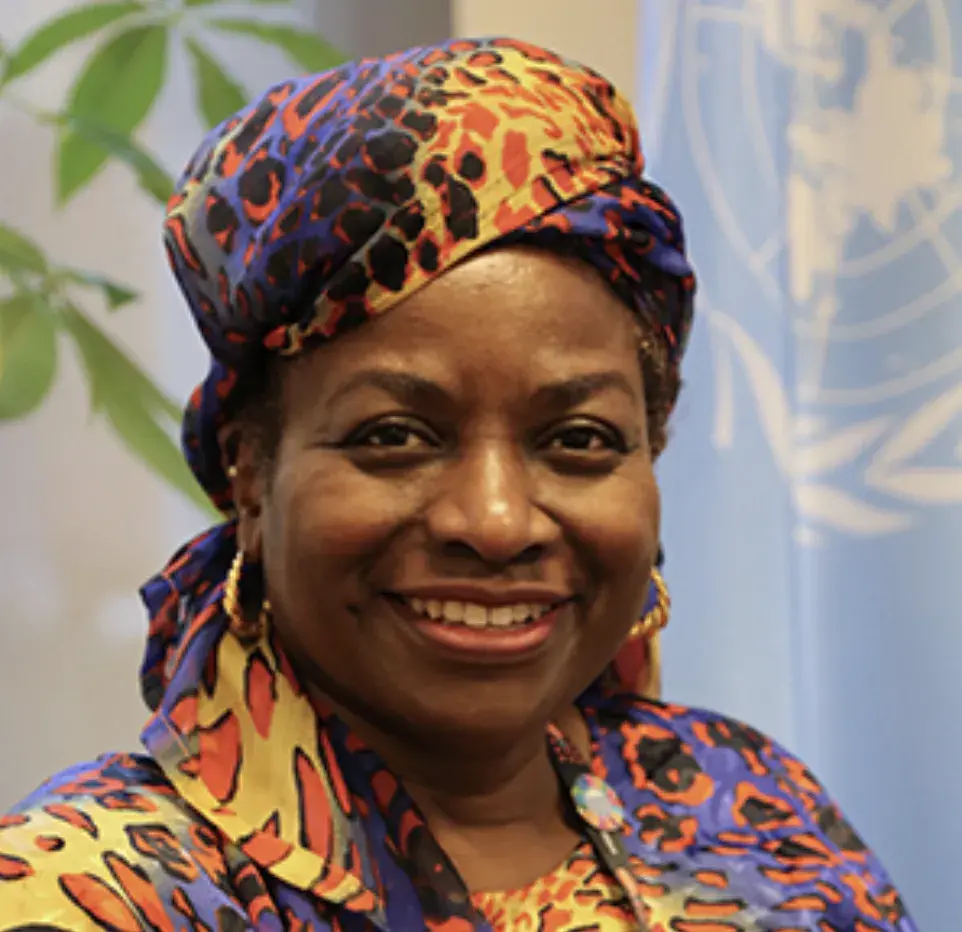The Health Facilities Survey 2022, conducted by UNFPA and the National Department of Health, has found that there is a significant disparity in the availability of reproductive health medicines and services between regions in Papua New Guinea.
Results showed that 68% of facilities in Momase and 61% in the Highlands had at least seven life-saving maternal health medicines available, compared to 45% in Southern Region.
Need Essential Maternal Health Medicines? Look to Momase
68% of health facilities in Momase had the global minimum standard of seven life-saving maternal health medicines available on the day of the survey. This is compared to 61% of facilities in the Highlands, 53% of facilities in New Guinea Islands, and 45% in Southern Region.
Most Frequent Re-Supply of Stock? Highlands Region
In the Highlands Region, all health facilities surveyed reported that they receive new stock at least every three months. In contrast, 35% of facilities in Southern, 17% in the New Guinea Islands, and 11% in Momase report receiving stock twice a year.
Shortest Time Between Ordering and Receiving Stock? Highlands Region
In the Highlands Region, 100% of facilities report receiving their stock within 4 months of placing an order. In Southern, only 30% of facilities receive stock within 4 months. 35% of facilities in Southern Region receive re-stocks more than 6 months after placing an order.
Want Long-Acting Reversible Contraceptives? Head to Momase
In Momase, 94% of health facilities have staff trained in administering contraceptive implants and 78% have training in inserting and removing intra-uterine devices (IUDs).
In comparison, 85% of facilities in Southern, 84% in New Guinea Islands, and 70% in the Highlands have staff trained to administer implants. 70% of facilities in the New Guinea Islands, 62% in the Highlands, and 46% in Southern have staff trained in the insertion and removal of IUDs.
Addressing Inequalities to Realise Sexual and Reproductive Health Rights
All women and men have the right to quality sexual and reproductive health care, regardless of the region in which they reside. The results of this survey can help to identify the differences between regions in order to inform interventions to ensure equitable access to medicines and services.
UNFPA works in partnership with the National Department of Health to improve supply chain management and to procure essential medicines to ensure reproductive health commodities are available to all facilities.
In partnership with National Department of Health trainers, UNFPA supports Emergency Obstetric and Neonatal Care workshops for practicing midwives to refresh their knowledge and skills, in addition to introducing new tools to aid in complicated deliveries.
UNFPA and Reproductive Health Commodities
UNFPA works with the National Department of Health (NDoH) to address the unmet need for family planning and reduce maternal mortality and morbidity. Through support to midwifery in-service training and equipment, procurement and distribution of contraceptives and reproductive health commodities, support to the Certification in Basic Pharmaceutical Management course for Pharmacy Assistants, and sexual and reproductive health advocacy, UNFPA’s partnership with NDoH focuses on strengthening local expertise in delivering improved health services Papua New Guinea.
With support from the Australian Government, UNFPA has completed a national Assessment for Reproductive Health Commodities and Services to assess the availability and quality of essential reproductive health commodities and quality of family planning and maternal health services in primary, secondary, and tertiary facilities across the country.
In addition, UNFPA procured $730,000 USD of reproductive health commodities in 2022 with support from UNFPA Supplies and mobilized $260,000 USD for strengthening the supply chain and health system in PNG.





